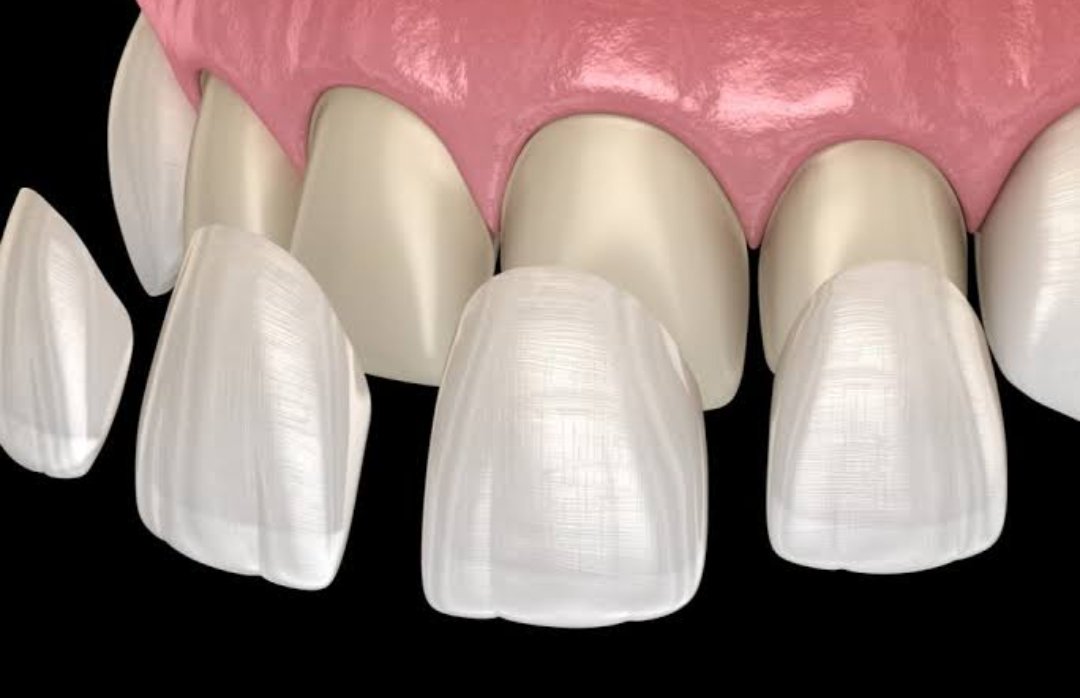Introduction to Veneers and Their Impact on Smiles
The focus keyword “veneers” refers to ultra-thin shells bonded to teeth to correct discoloration, gaps, chips, and minor misalignment. Veneers dramatically elevate smile aesthetics, boosting confidence and providing long-lasting visual improvement. This comprehensive guide covers what veneers are, how they’re applied, cost comparisons, durability, care, and why they’re favored by celebrities and dental professionals.
Dental veneers: cost types & are they right for you?
With “veneers” as your target keyword, it’s key to understand their various types and pricing in 2025:
- Porcelain veneers: Cost range of 5000–15,500 per tooth; lifespan typically 10–15 years.
- Composite resin veneers: Budget-friendly at my detist dental clinic
- No-prep/Lumineers: Ultra-thin porcelain requiring minimal enamel removal; cost between 4000–10,000; lifespan up to 10+ years :contentReference[oaicite:8]{index=8}.
In India, porcelain options often range ₹8,000–₹25,000 per tooth, while composite veneers cost ₹2,500–₹10,000 depending on clinc.
Veneers are appropriate for individuals with aesthetic dental issues—staining, shape concerns, minor gaps or chips—but those with active decay, gum disease, or insufficient enamel may not be suitable candidates.
Porcelain vs ceramic veneers: key difference explained
Though often used interchangeably, porcelain and ceramic (e.g., lithium disilicate/e.max) veneers have differences:
| Feature | Porcelain | Ceramic (e.max or lithium disilicate) |
|---|---|---|
| Lifespan | 10–15 years, sometimes 20+ | 8–15 years depending on thickness and bonding |
| Durability | Very strong, stain-resistant | Good strength, slightly less translucent |
| Enamel removal | ~0.3–0.7 mm | Similar removal needed |
| Cost | 900–2,500+ | Slightly lower, depending on lab and process |
Porcelain offers superior aesthetics and longevity; ceramics like e.max are slightly more affordable while still offering excellent strength and natural translucency :contentReference[oaicite:11]{index=11}.
How long dental veneers lasts? Experts answers & care
Porcelain veneers are the gold standard: typically 10–15 years, with some lasting over 20 years.
Composite veneers generally last around 5–7 years.
No-prep veneers last roughly 8–10 years.
Factors that affect longevity include oral hygiene, grinding habits, diet, regular check-ups, and quality of placement.
Expet note that if cared for properly, porcelain veneers can last up to 20 years—but emphasize regular follow-up appointments to monitor wear, shifting, and gum changes.
Smile makeover with veneers: what celebs & dentist recommend.
“ToothTok” trends revealed stars like Margot Robbie and Taylor Swift rely on veneers and orthodontics for flawless smiles.
Conclusion and Next Steps
Veneers offer a powerful cosmetic solution—but they aren’t for everyone. From material selection and cost to care and long-term planning, this guide helps you make an informed decision. Maintain excellent hygiene, understand the irreversible nature of enamel removal, and choose a trusted provider.
To dive deeper into patient case studies, detailed cost comparisons, and clinics offering veneer financing options in India, visit our internal Ultimate Veneers Guide.




